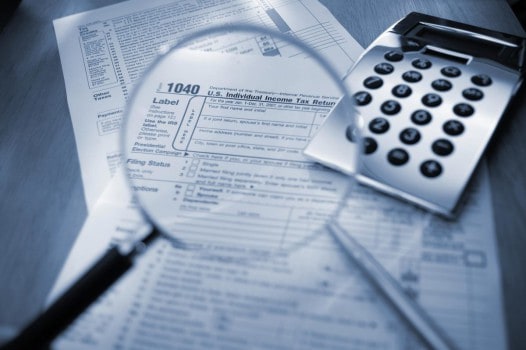IRS Guidance on Unemployment Exclusion
The American Rescue Plan Act was signed into law on on March 11, 2021. With it brought many extensions to financial support for taxpayers and businesses. From that date there have been a few changes and a bit more clarity on some of the exclusions that can be taken by taxpayers. One of the main changes being the Unemployment benefits exclusion.
Unemployment Benefits During the 2020 Pandemic
When the COVID-19 virus first plunged the world into lockdown in March 2020, many many Americans jobs were at risk and many sadly did lose their livelihoods. The CARES Act attempted to reduce the impact that this would have on taxpayers, businesses and the economy. Additional weeks of unemployment benefits were funded with a weekly top up amount of $600 to help struggling taxpayers. This was later extended and the weekly top up reduced to $300 per week.
The American Rescue Plan Act
The American Rescue Plan Act came as a much needed lifeline to Americans as we still see restrictions in place, States in lockdown and businesses closed due to rising COVID cases. As part of this Act the unemployment benefits were again extended to take consideration of the recovery period the American economy needs.The funding of benefits has been extended now to September 2021, and States will receive 100% Federal backing on unemployment claims.
These claims for unemployment are available for employed and self-employed individuals with a weekly top up of $300 still in place. Most notably, the US Government have enacted a tax exclusion that is to be retroactively implemented for the 2020 tax year.
Taxpayers are allowed to exclude up to $10,200 of unemployment income they received during 2020. This is per taxpayer and unused exclusion amounts cannot be transferred to your spouse where a joint return is filed. At first the IRS guidance did not allow this exclusion where gross income was more than $150,000 including the unemployment income. This has now been changed!
Taxpayers who have gross income of less than $150,000 excluding the unemployment benefit, will qualify for the full exclusion amount of $10,200.
How has this impacted tax season?
As you can imagine the timing of this has caused a bit of a ruckus as we are in full swing of US tax season. Many taxpayers have seen their returns held up or have had to file an amended tax return in order to claim a refund of their withholding on unemployment benefits. The IRS are aware of this and have given specific instruction not to file an amended tax return. Due to the number or procedural changes that have been implemented since the signing pf the tax law, and the remaining 2019 backlog, the IRS wish to reduce the delays stacking up.
Rather than taxpayers filing amended returns, the IRS advised that they will process and automatically deposit the withholding on the unemployment income beginning in May 2021. As a result of the tax changes implemented for the 2020 tax filing season we have recently received confirmation from the IRS that the filing due date has been extended to May 17th, 2021. The end note to the story, speak with an adviser if you are unsure on whether you have received the correct tax treatment on your income and refunds. Check the status of your return and refund on the IRS webpage

